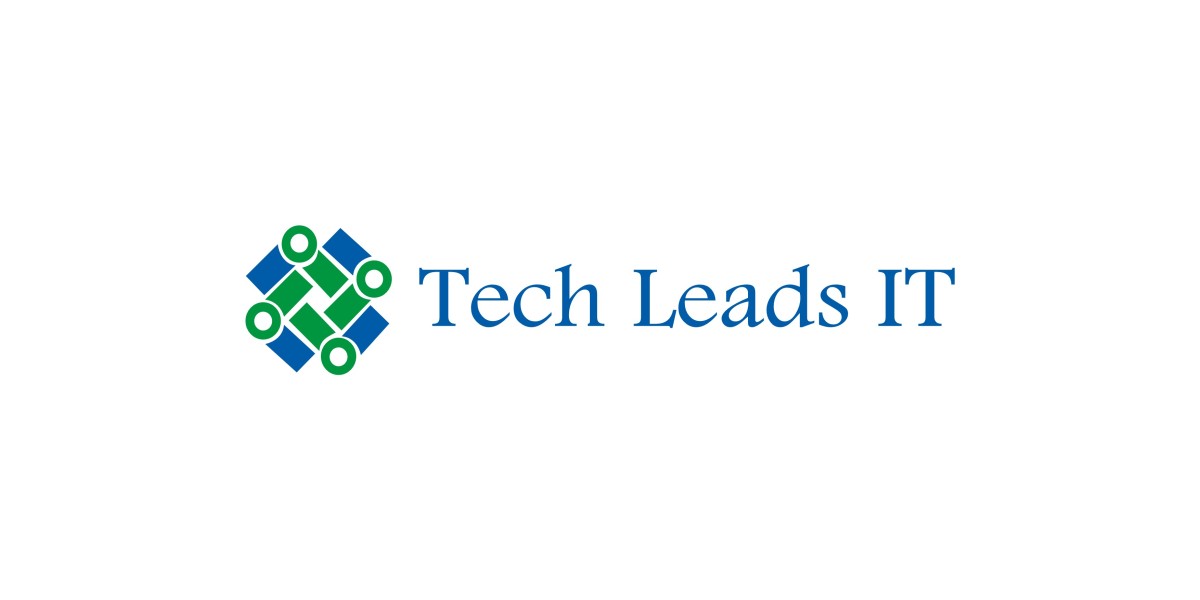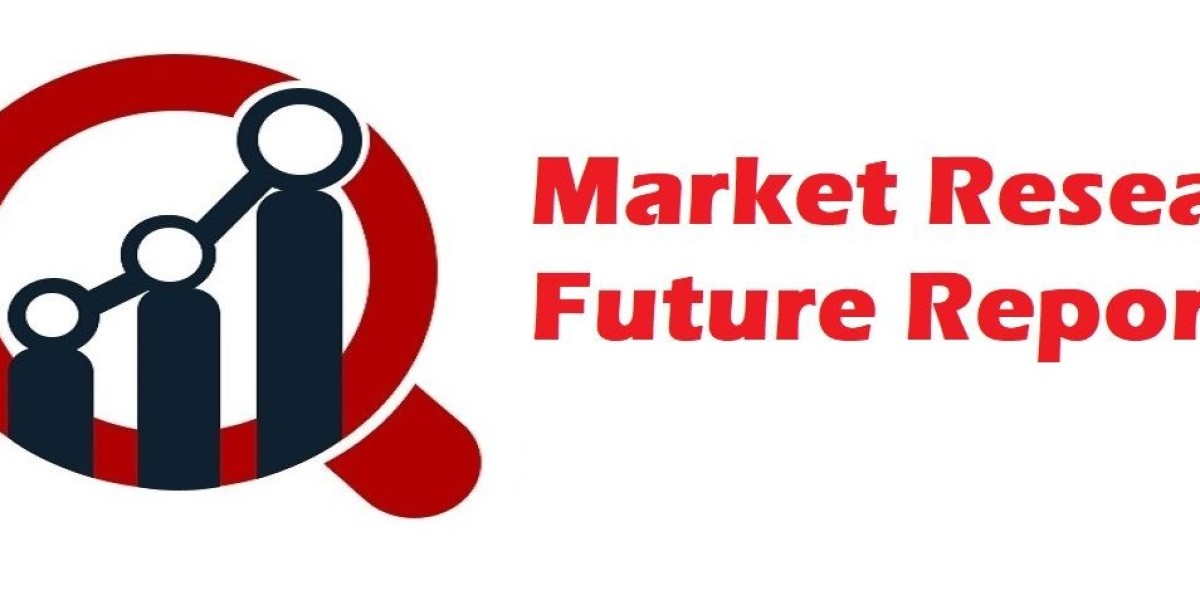Let’s take the example of KFC Business. In order to create different varieties of KFC products, they have to buy raw materials or ingredients like (Chicken, Sause, bread, Oil). KFC is not going to prepare all these ingredients instead they will buy them from different sources. When it comes to Supply chain management, this is called Supplier. KFC will look at different supplier’s options to get a good raw material with in the budget, schedule, and supreme quality. This is what called Sourcing. Based on the KFC business rules, they will select the suppliers and buy required raw materials from them. After they bought a huge quantity of raw material, they will store everything in inventory. When KFC required any raw material for their outlets, they will get it from the near inventory location. This is what is called transferring the goods from inventory locations to outlets. In order to get the best quality and cheaper prices, KFC will have an agreement and contracts with suppliers. Based on the agreement and contracts (Price, Schedule, and Quantities), suppliers will deliver the required goods to KFC inventory locations. This is what is called Procurement.
In Procurement, we will have below-mentioned sub-modules. All these modules are interlinked.
- SSP (Self Service Procurement)
- Purchasing Orders (PO)
- Sourcing
- Supplier Portal (SP)
- Procurement Contracts
- Supplier Qualification Management (SQM)
SSP (Self Service Procurement) – Let’s say you are working in an organization and you need a laptop for your office use or it could be for company use like any goods/material/service, generally we send an email to the manager and requesting for his approval or in ERP implemented companies we have to create a requisition and that will go to manager approval after that it goes to purchasing department to process with our suppliers.
Creation of Requisition/Request is made from the Self-service procurement application, every employee in the organization has access to create Requisition from this module
A couple of examples:
- Creating a Requisition asking for stationary for office use.
- Creating a Requisition to provide Employee Joining Kit, etc.
In Our Oracle FusionProcurement Online Training, we teaches you how to create different types of Requisition like Non-Catalog Requisition, Catalog Requisition & Punchout Requisition where we navigate to the suppliers website and punching the product and returning back to our ERP application
Purchasing Orders (PO) –
In Simple terms the Request made by the employees from different departments for the goods/services have to be processed by Procurement Department from the available suppliers in the Market.
In SSP, you raised a request for a Laptop and all departments are approved for your request. Finally, it goes to your Procurement or Facility Department who can fulfill your requirement. Your Procurement team will look at your laptop specifications and look for a potential seller who can meet your requirement. Once the potential seller is identified, he can raise a Purchase order for your laptop and share it with the seller. In Purchase order, your Procurement team will add Quantity, Price, Delivery location (where do you want to receive laptop?), Delivery Date, Payment Method (Credit card / Debit Card / Cash on Delivery / After 3 months from the received date / UPI) etc. This is an overview of the Purchase order Module.
Sourcing – After you raised a request in the SSP module, the concern team will search for prominent sellers/vendors who can deliver your products with the best price, good quality, and within the TAT (Turnaround Time). Identifying the best seller who can meet our requirements is called Sourcing.
In this module, the buyer of the company is gone looks for potential suppliers by starting the Bidding process and after receiving various quotes from the suppliers, they identify the best supplier who fits with our bidding process.
Supplier Portal –
We provide a user account to our suppliers to access our ERP application to acknowledge our purchase orders, purchase agreements and they are able to create Invoices from this portal, and this portal helps the supplier and company to maintain communication about the procurement documents.
In some cases Suppliers are having their own ERP application, in this case Suppliers may smoothly refuse to use our ERP application and their ERP application. It could double time for them.
Procurement Contracts - After we identified the best supplier, our Procurement team will have a contracts with the supplier. In this contract, both the parties (Supplier and Procurement Team) will agree to some common points with Terms and Conditions. This contract will have a start date and end date. During this period, if our Procurement team raised any purchase order, the supplier needs to send all the items within the delivery time. Payment terms like 30 days from the date of receipt or 45 days from the date of receipt. In case, if Procurement team ready to pay after the receipt, the supplier is going to give a discount like 3% on the item price. Who needs to pay carrier charges, which carrier (DTDC or Postal)? All these details need to be mentioned in the Procurement contracts.
Supplier Qualification Management –
By implementing this module we can onboard Suppliers through much more efficient way with Qualification and Assessment process.
We can build our Requirements and suppliers should be able to Quality during the Assessment process. We can use some other party tools to evaluate suppliers’ business history, how they are performing during the last 5 years, and other statistics.
This is a new module that is introduced in Oracle Fusion Procurement Suite and I would recommend that companies to implement this module for efficient vendor management.
In order to identify the best supplier among the list of potential suppliers, our Procurement team will send our requirements through Questioner. Below are the sample questions.
- How many years have you been delivering these products or items?
- To whom you have delivered?
- Are all your customers happy with your service?
- Do you have any certifications like ISO or ISMS?
- How do you verify the quality of your products?
- What is the product price?
After receiving answers from each supplier, the Procurement team will validate and identify the best supplier and will consider buying products from this supplier.
Fusion ProcurementTraining Course is intended to meet every individual to understand the procurement business process and how we are able to fit the modern best business practice into the Oracle Fusion Procurement Application.








